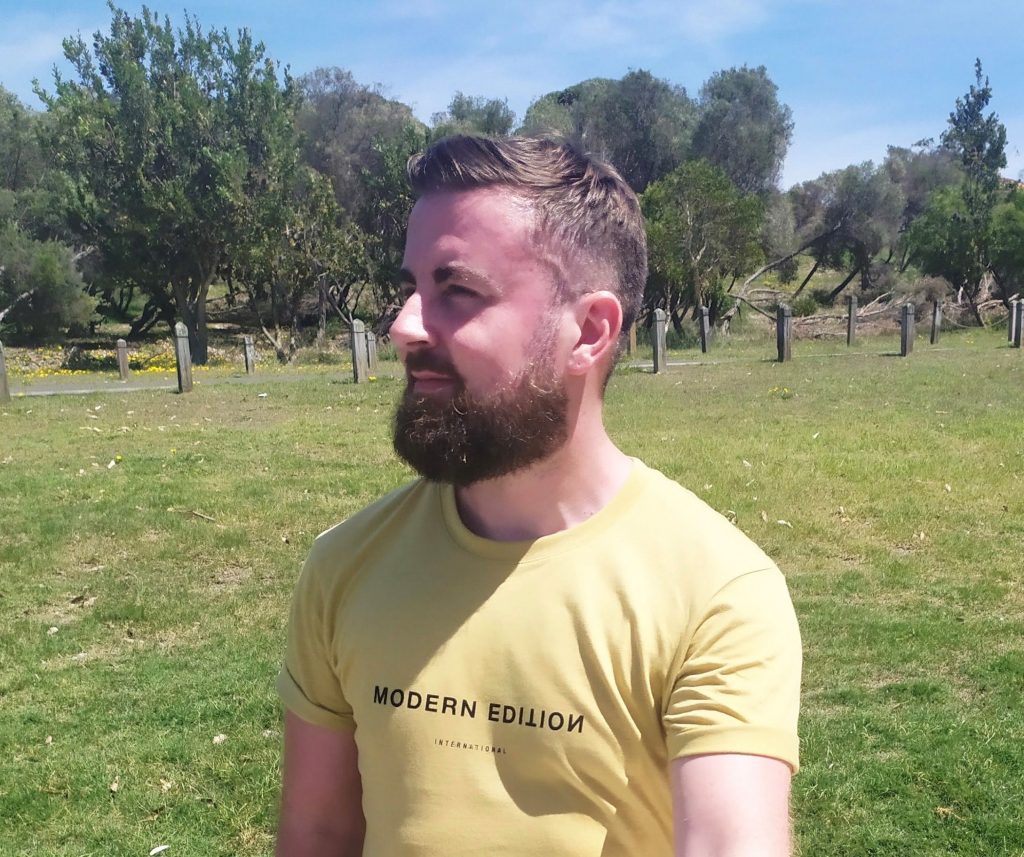By: Gary Donaldson
The New York Times recently published an article about individuals living with rare genetic diseases who have become advocates for their conditions. These courageous champions are shaping research to change the course of their disease, despite the daily fears those of us living with rare diseases like CMT experience. They’re fundraising for research, spreading awareness and studying their disease to more efficiently advocate for treatments and cures. In a word, they are inspiring.
This article captured me and spoke to my heart. Susan Ruediger, my friend and co-founder of the CMT Research Foundation, could have easily been one of the individuals profiled in this story. Her CMT story is their story. Refusing to accept the slow pace of progress, she decided to take the research bull by the horns and dedicate her life to finding our community viable treatments. Not someday, now.
When I was going through my CMT diagnosis, I read several articles like this and encountered advocates like Susan with mixed emotions.
Anger often came first: Why should we, as patients, have to fight for funding, have to raise money for research, and have to donate? Shouldn’t the government be funding this necessary research?
Next came motivation. I wanted to be like these advocates: I have a voice, and I should use it. I don’t want to accept that CMT is just a part of me and wait for others to *maybe* find a solution. I knew I had skills to help advance CMT research and ultimately find treatments. I had a duty to use them.
While I don’t want to be advocating for my disease every day, I know inaction isn’t an option when treatments for CMT are within reach. Rare disease research isn’t getting the funding it deserves, especially with the global focus on a vaccine for COVID-19. That’s why I’ve pledged to do everything it takes to push the research forward — and quickly.
Don’t get me wrong; it’s hard. Sometimes, I have to step back due to the emotional toll advocating for your own disease can take. I understand why so many affected by CMT struggle with getting involved or even ignore or avoid it. It can be too painful.
But Susan often reminds me: “If not us, then who? If not now, then when?” This rallying cry continues to shape my advocacy and push me every day to be a part of the solution. Even when I have to step away and create some space for myself, I always return ready to fight.

If you have been inspired by citizen scientists and advocates who continue to show up and step up and would like to help the CMT Research Foundation find treatments and cures during our lifetime, please contact me at [email protected]. I’d love to talk more and hear about your journey.
Gary Donaldson is the CMT Research Foundation’s community manager and is living with CMT1X.
Be the First to Know About Progress
Be the first to know about breaking CMT research, the latest news and how you can join us in making change possible. Sign up for our email, and let’s end CMT during our lifetime together.
